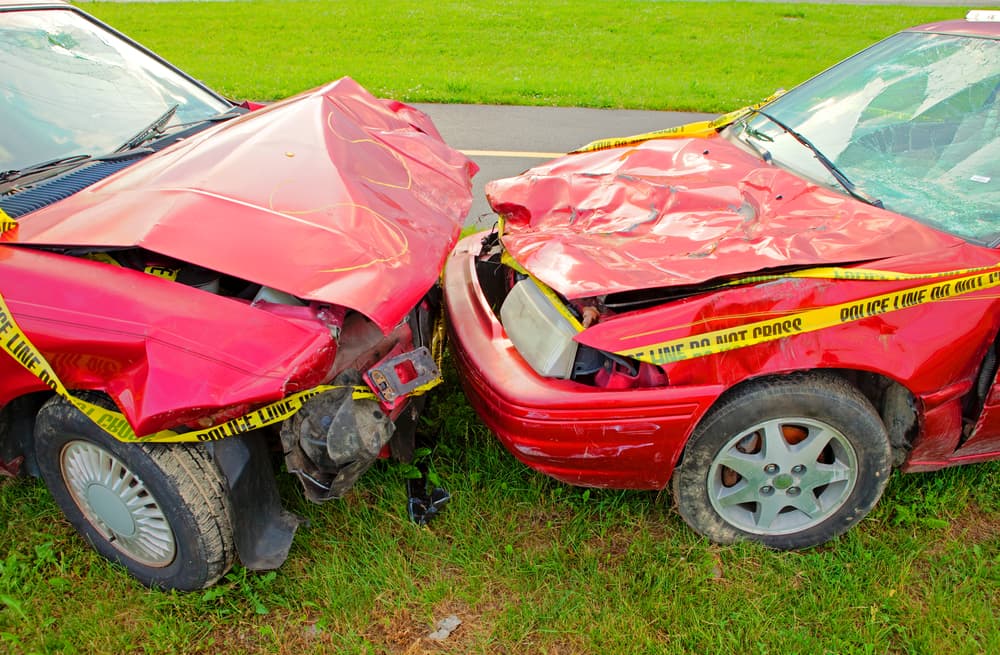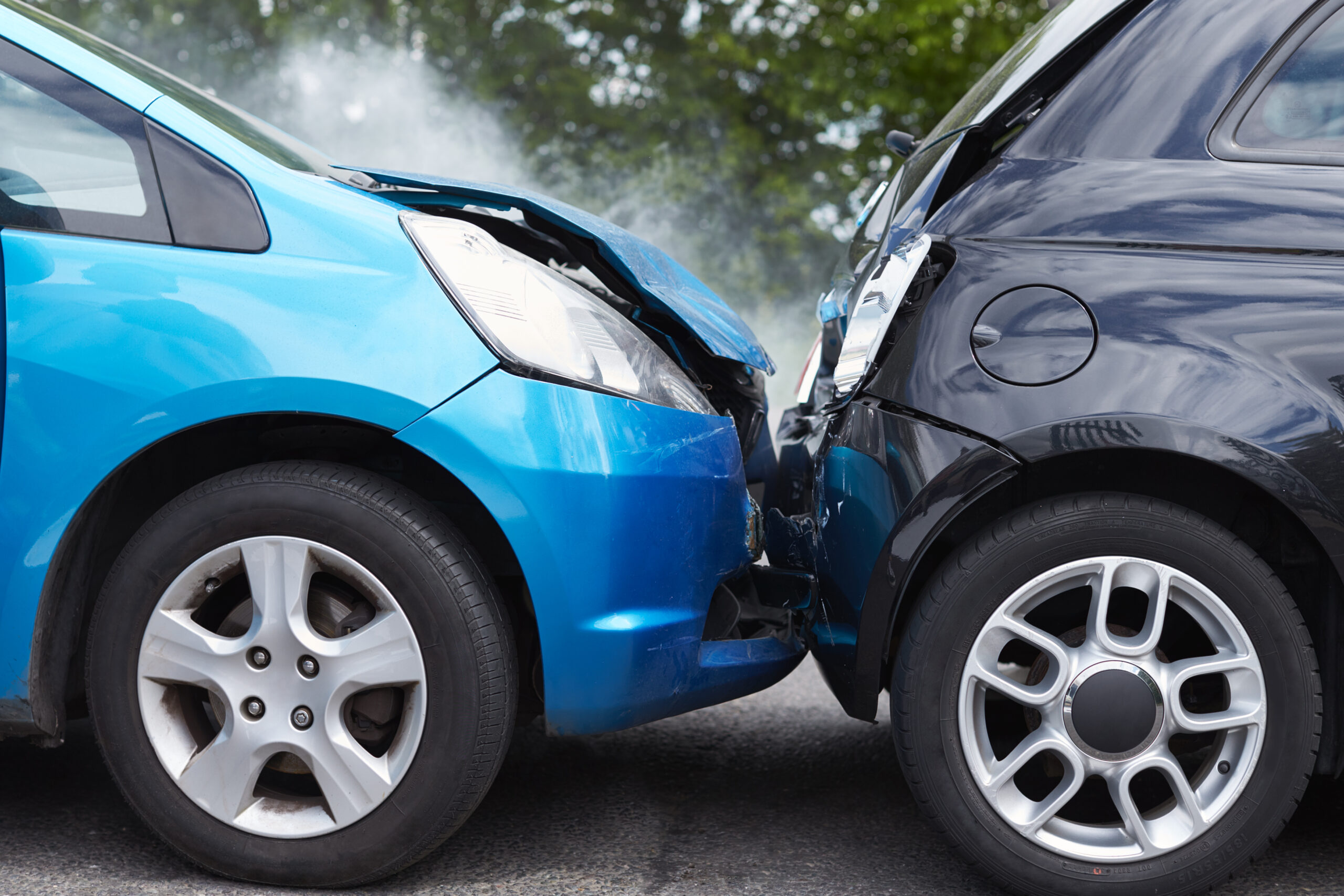Key Takeaways
- Car accidents can cause visible and hidden injuries, making a swift medical evaluation necessary.
- Recovery times and potential compensation vary widely from one case to another, depending on many factors surrounding the case.
- Multiple avenues for recovery may be available, including insurance claims, third-party liability claims, and lawsuits.
- Always consult with a car accident attorney to understand the right course of action and maximize your potential compensation.
Car Accident Injuries

The harm sustained in a car accident can range from minor cuts to life-altering conditions. The severity usually depends on factors such as vehicle speed, the point of impact, and whether safety restraints were in use. The types of injuries may determine the treatment required and the potential compensation claims.
The top car accident injuries that are usually reported include:
- Whiplash and other soft-tissue injuries: Rapid forward-and-backward movement of the neck can strain muscles, ligaments, and tendons. Symptoms may include neck stiffness, headaches, and limited range of motion, which sometimes appear hours or days after the crash.
- Fractures and broken bones: High-impact collisions can cause fractures to arms, legs, ribs, or facial bones. Recovery may involve casting, surgery, or extended physical therapy.
- Traumatic brain injuries (TBI): Even a seemingly minor bump to the head can cause a serious brain injury, leading to headaches, confusion, dizziness, memory loss, or long-term cognitive impairment.
- Spinal cord and back injuries: Herniated discs, nerve damage, and paralysis can occur depending on the force of impact. These injuries often require specialized care and long recovery periods.
- Internal injuries: Damage to internal organs or internal bleeding can be life-threatening and may not be immediately apparent. Prompt medical evaluation is highly advisable.
- Cuts, bruises, and lacerations: Broken glass, sharp metal, or debris can cause visible injuries. While some heal quickly, deeper wounds may require stitches and carry a risk of infection.
- Emotional and psychological trauma: Accidents can trigger depression, anxiety, or PTSD. Mental health is as important as physical recovery and should be addressed.
Car accident injuries may feel minor immediately after the crash. However, getting a thorough medical evaluation promptly is important. Some conditions develop gradually, and early intervention can improve your outcome and strengthen your legal position if you pursue a claim.
How Long Will It Take You to Recover?
Recovery after a car accident is not the same for everyone. The timeline depends on the nature and scope of your injuries, your overall health before the crash, and the quality of care you receive. Some people walk away with minor soreness that fades in days, while others face months or even years of rehabilitation.
You might start feeling better within a few weeks for mild injuries. Moderate injuries such as fractures or torn ligaments can take months and may require surgery, physical therapy, and follow-up appointments. Severe injuries—such as internal organ damage—can involve long-term or permanent effects and ongoing therapy.
It’s also important to consider the emotional side of recovery. Anxiety, depression, and PTSD are not uncommon after serious accidents and can affect sleep, concentration, and relationships.
There is no universal clock for healing. Follow your doctor’s recommendations closely, attend all treatments, and avoid comparisons—your recovery will progress at its own pace.
When Should You Seek Professional Help?
After a car accident, it can be tempting to “tough it out” and hope symptoms go away. Delaying professional help—medical, legal, or therapeutic—can put your health and your future at risk.
Seek Medical Help Immediately
See a doctor right after an accident, even if you don’t notice injuries. Some injuries have delayed symptoms. Early diagnosis can prevent complications and creates a medical record that supports any future claims.
Signs you should seek urgent care include:
- Severe or persistent headaches
- Dizziness or loss of balance
- Difficulty breathing or chest pain
- Numbness or tingling in limbs
- Abdominal pain or swelling
- Sudden changes in vision or hearing
Seek Legal Help Promptly
If you believe another party’s negligence caused the crash, it’s wise to hire an attorney after a car accident as soon as possible. An attorney will explain deadlines, guide insurance negotiations, and help pursue the full scope of damages. Delays make evidence collection and witness statements harder, which can weaken your case.
Seek Mental Health Support
Accidents can take a toll on mental health, especially after traumatic events or serious injuries. Signs you may need counseling include recurring nightmares, severe anxiety about driving, or emotional numbness. Therapists, counselors, and support groups can help prevent long-term psychological harm.
If you are in pain, emotionally distressed, or facing financial uncertainty after an accident, bring in professionals to protect both your health and your rights.
How Much Compensation Can I Obtain?
It’s common to wonder about potential compensation. The amount depends on many factors and the circumstances surrounding the collision. There is no fixed payout—each case is evaluated based on evidence, documentation, and applicable laws.
Common factors that influence the value of a claim include:
- Medical expenses: Current and ongoing costs for treatment, surgeries, medications, rehabilitation, and assistive devices.
- Lost earnings: Income already missed and loss of future earning capacity.
- Property damage: Repair or replacement of your vehicle and damaged personal items.
- Pain and suffering: Physical pain, emotional strain, and loss of enjoyment of life.
- Permanent disability or disfigurement: Long-term or lifelong conditions caused by the crash.
- Wrongful death damages for eligible family members when a life is lost.
Insurance policies and state laws also shape recovery. Some states impose damage caps or follow no-fault rules, which may limit direct recovery from another driver. Online calculators provide rough estimates; the most accurate assessment comes from a car accident attorney who can build a robust case for fair compensation.
Which Avenues Are Available for Compensation?
After a car accident, multiple paths may be available. The right approach depends on state law, insurance coverage, and case facts.
- Insurance claims: If another driver caused the crash, you can claim against their liability insurance. In no-fault states—or when the at-fault driver is uninsured/underinsured—you may use PIP or uninsured motorist coverage.
- Third-party liability claims: A vehicle manufacturer, repair shop, or government entity may share fault. Third-party claims can be crucial in high-damage cases.
- Personal injury lawsuits: If negotiations fail or losses exceed policy limits, a lawsuit may be necessary. Courts can award damages an insurer refuses to pay, but strict deadlines apply.
- Workers’ compensation: If you were driving for work, you may qualify for workers’ compensation in addition to other claims.
Each avenue has unique rules, time limits, and evidence requirements. A car accident lawyer will determine the best strategy and pursue every available source of compensation.
Work With a Car Accident Attorney

Recovering from a car accident is challenging enough without battling insurers or managing legal procedures. A car accident attorney can safeguard your legal position and pursue the compensation you’re owed.
If you’re concerned about how much a car accident lawyer costs, know that Marcus & Mack offers a free initial consultation. We’ll walk you through how fees work and answer your questions before you decide.
If you’ve suffered an injury in a car collision, seek professional help quickly so you can focus on recovery while your case is handled professionally. Contact us through our website to schedule your free consultation.
Schedule a Free Initial Consultation Today!
Frequently Asked Questions (FAQs)
Do I need to report every car accident to the police?
Reporting an accident is almost always in your best interest, especially if injuries, major vehicle damage, or disputes over fault are involved. A police report establishes an official record that can protect your rights if stories change, an insurer disputes your claim, or you later need to take legal action.
How soon after an accident should I contact my insurance company?
Ideally within 24 hours. Quick reporting helps you comply with policy requirements, preserves your right to coverage, and gets your version of events on record. Delays can give insurers an excuse to reduce or deny your claim.
Can I settle my claim without going to court?
Yes. Most car accident claims resolve through out-of-court settlements. Be cautious—initial offers are often low. If negotiations stall, your attorney can file suit and take the case to trial.
What is the single most important thing to do at the scene of an accident?
After ensuring safety and calling 911, document everything. Take photos/videos of vehicles, the scene, road conditions, traffic signals, and visible injuries. Exchange information without discussing fault. A police report is vital, and your own evidence strengthens your claim.
What should I avoid saying to an insurance adjuster?
Do not provide a recorded statement to the other driver’s insurer without speaking to your lawyer. Avoid saying “I’m sorry” or “I’m fine,” which can be used against you. Stick to basic facts and let your attorney handle further communication.
How does a car accident lawyer get paid?
Most car accident attorneys work on a contingency fee. You pay no upfront fees; the lawyer receives a percentage of the settlement or verdict. If you recover nothing, you owe no attorney’s fees.

